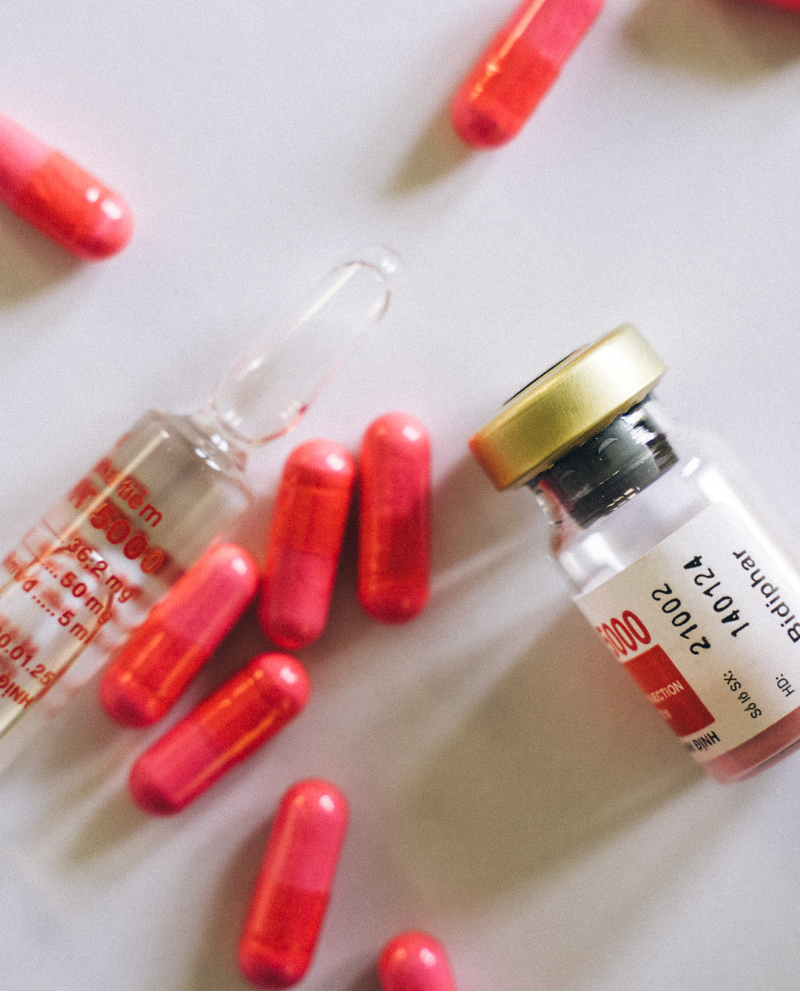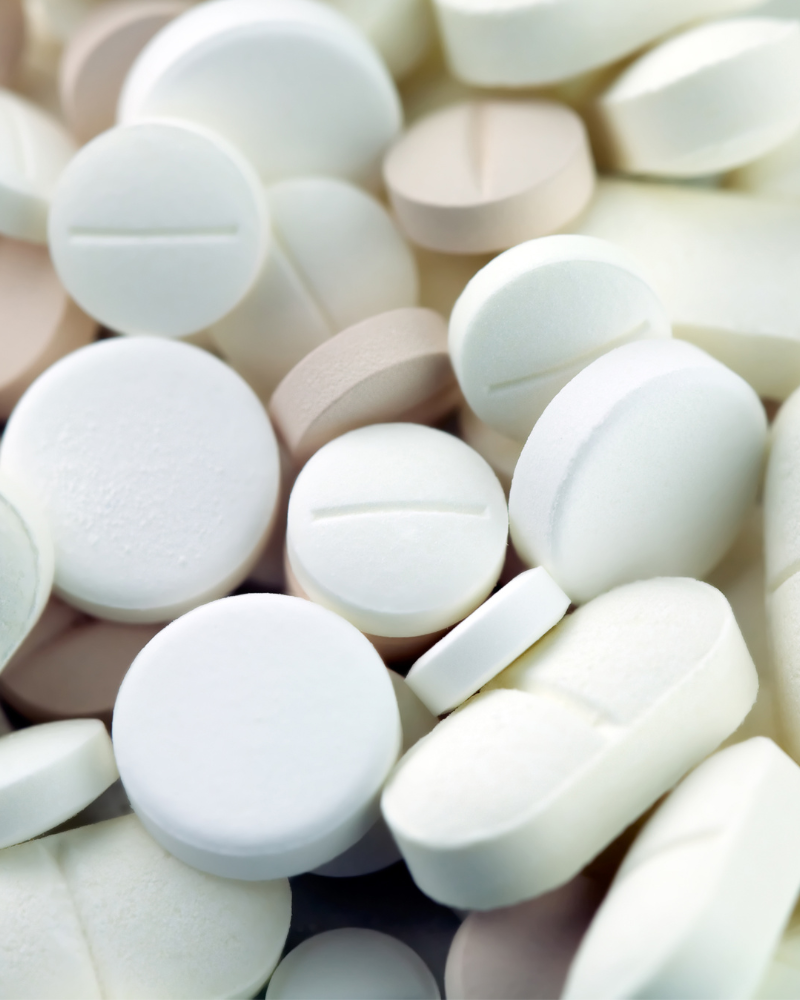Tavor and alcohol: why this combination is dangerous
Tavor, also known as lorazepam, is a drug that is used to treat anxiety disorders, insomnia and, in some cases, as a sedative before operations. It belongs to the group of benzodiazepines, which act on the central nervous system and have a calming, anxiolytic and muscle-relaxing effect. Alcohol has a similar effect in that it also influences the central nervous system and has a relaxing effect on the body. However, this is precisely where the danger lies: the combination of Tavor and alcohol can lead to increased sedation. Both substances potentiate each other's effects, which means that even small amounts lead to a more intense effect. This can lead to extreme sedation, drowsiness and, in the worst case, respiratory depression, in which breathing is slowed down so much that a medical emergency arises. The effects of this combination can occur even hours after ingestion, as both Tavor and alcohol require a certain amount of time to be completely broken down by the body.
Tavor and alcohol: what happens when taken at the same time?
Many people ask themselves the question "What happens if you take Tavor and drink alcohol at the same time?", especially if they have been prescribed the medication and are unsure about the possible effects of alcohol consumption. Taking Tavor at the same time can lead to a variety of symptoms. These include:
-Severe sedation: the sedative effects of both substances add up, which can lead to extreme drowsiness, lethargy and a feeling of heaviness.
-Slowed reaction time: Your cognitive abilities are severely impaired. This increases the risk of accidents, especially on the road, and can be dangerous when operating machinery or being in dangerous situations.
-Confusion and disorientation: The combination can cause you to become disoriented and unable to think clearly.
-Respiratory depression: One of the biggest risks is that both substances slow down breathing. In the worst case, this can lead to respiratory arrest.
-Memory lapses and blackouts: Many people report memory lapses after mixed consumption, in which they cannot remember entire periods of time.
The symptoms vary depending on the amount and dosage. Some people are particularly sensitive, which increases the risk of an unpredictable reaction. The duration of the effects can also vary greatly. Some of the effects can persist even after the alcohol has been eliminated from the body.


Alcohol and Tavor: experiences of those affected
Numerous reports on the internet, especially in forums such as "gutefrage.net" and other health portals, provide an insight into the possible consequences of the combination of Tavor and alcohol. Many people report blackouts - situations in which they did or said something for hours that they could no longer remember later. Others describe suddenly behaving aggressively or extremely emotionally after taking the drug, which was completely out of character for them. A common aspect of these reports is the feeling of loss of control. Although many of those affected are aware of the dangers of this mixture, they often underestimate how quickly and intensely the effects can occur. Even low doses of alcohol combined with low doses of Tavor can cause severe impairment. This shows how careful you have to be, even if you think you can assess the effects well.
Tavor and alcohol: risk of addiction
Both Tavor and alcohol have a high dependency potential, especially if they are consumed over a long period of time or in high doses. Benzodiazepines such as Tavor act on the GABA receptors in the brain, which lead to an adaptation of the central nervous system when taken repeatedly. The situation is similar with alcohol, which also acts on the same receptors. If both are taken together, the risk of psychological and physical dependence increases considerably. The body develops a tolerance more quickly, which means that ever higher doses are needed to achieve the desired effect. This vicious circle often leads to those affected losing control over their consumption and falling into an addictive spiral. Withdrawal symptoms such as tremors, sweating, anxiety and insomnia can occur after a short time. Withdrawal is particularly difficult as it is associated with a high physical risk and should only be carried out under medical supervision.
Tavor and alcohol: effects on health
The health effects of the combination of Tavor and alcohol are extremely diverse and serious. First of all, the toxic effect on the body leads to an overload of the liver, which has to break down both substances. This can lead to liver damage or even cirrhosis in the long term. The kidneys are also at risk due to the increased strain. There are also cardiovascular risks: the reduction in blood pressure caused by the sedative effects of both substances can lead to circulatory problems, cardiac arrhythmia and, in the worst case, heart failure. In addition, the risk of developing mental illnesses such as depression and anxiety disorders is significantly increased, as both Tavor and alcohol impair the natural neurotransmitter balance in the brain. Many sufferers also report permanent concentration and memory problems, which can persist for a long time even after stopping the substances.

Tavor and alcohol: why the combination can be life-threatening
One of the greatest dangers of combining Tavor and alcohol is the possibility of overdosing. While Tavor already has a calming effect in therapeutic doses, the additional consumption of alcohol can increase the effect uncontrollably. A particular problem is that the effect is often delayed. Many people therefore think they can take another dose, which leads to a dangerous overdose. An overdose manifests itself in extreme dizziness, confusion, severe muscle weakness and finally in such severe sedation that consciousness is lost. The life-threatening risk here is respiratory paralysis. Both substances affect the respiratory center in the brain and can slow down breathing to such an extent that it eventually stops. In this case, immediate emergency medical care is required to save the life of the person affected.



